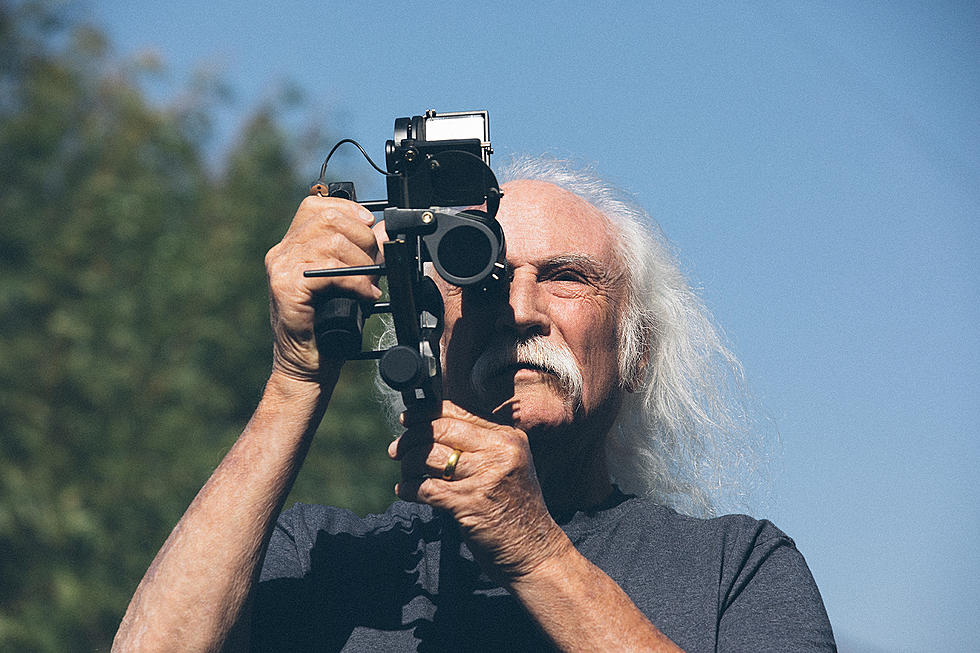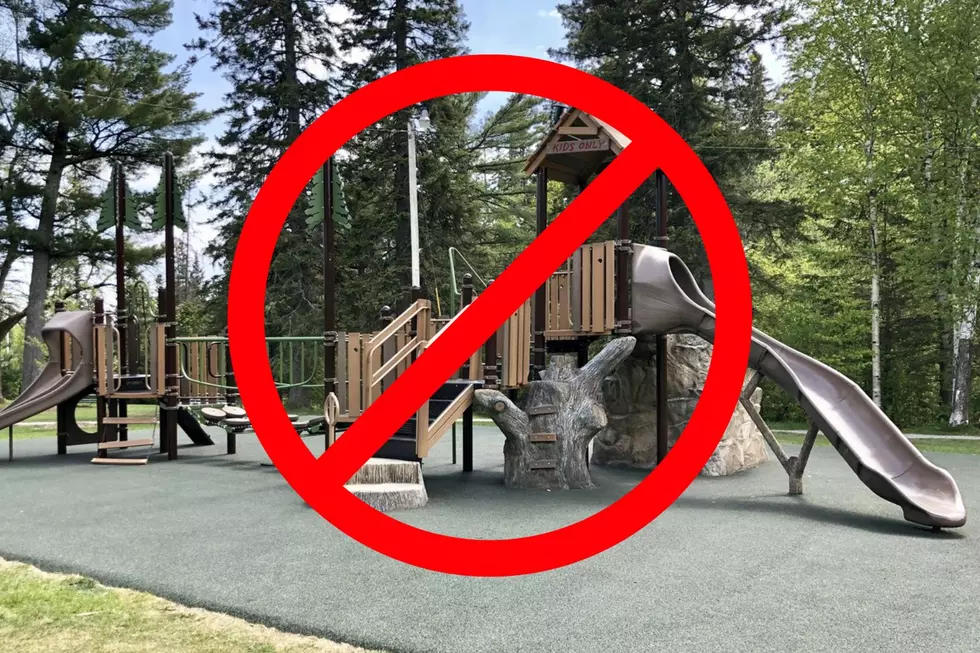
Revisiting David Crosby’s ‘If I Could Only Remember My Name’
David Crosby started the '70s riding high — in more ways than one — but emotionally, he was scraping rock bottom. Out of that turmoil came Crosby's solo debut, If I Could Only Remember My Name, which arrived on Feb. 22, 1971.
Crosby's woes started prior to the sessions for Crosby, Stills, Nash & Young's second record, 1970's Déjà Vu, during which he struggled to cope with his grief over the death of girlfriend Christine Hinton, who'd been killed in a car accident in September 1969. Given a necessary focus in the studio, he decided to stay there after CSNY went their separate ways.
"I was in a very strange state, I had songs, good songs, and we had just finished Deja Vu, and my girlfriend had been killed," Crosby later told Mojo. "But ... there's a lot of joy on that record, because that's where I needed desperately to go."
He had plenty of company on his journey, too. In fact, as the sessions wore on, Crosby presided over a virtual Who's Who of the West Coast rock scene, working a long list of his famous friends into the tracks. "Graham Nash came a lot, Jerry Garcia came even more, almost every night — he was a good friend and he liked it that I was as open to the accident of music as he was," he told Mojo.
"Phil [Lesh] came very often, Jorma [Kaukonen], Grace [Slick], Paul [Kantner], Joni [Mitchell]," Crosby added. "They were all friends. It saved me. Because I could dive into making that music and spend a whole night stacking harmonies on myself, being the Mormon Tabernacle me, and it would elevate me out of the hole that I was in."
The problem, as many critics were quick to point out at the time, was that even once he came out of his hole, Crosby was often too adrift to really come up with much of anything to say. He seemed to agree during the months prior to album's arrival, telling Rolling Stone's Ben Fong-Torres that he had no plans to release a set of songs he derisively referred to as "David Crosby's bummer."
Listen to David Crosby Perform 'Music Is Love'
"The trouble is the words all come around to 'Why it is like this?' They are all mostly about Christine, and with that ... and they're good songs. I haven't sung 'em to anybody and I don't think I'm gonna. 'Cause they're pretty sad and they don't draw any useful conclusion," Crosby said. "It was the most horrible trip of my life and nobody needs to go on it. And the songs that I wrote are some of the best that I ever wrote, as a matter of fact, and I'm still not gonna sing 'em for anybody. I'm waitin' until I got something good to sing about, some joy."
In its final form, If I Could Only Remember My Name wasn't the relentless downer Crosby described in 1970. The record's gloom was replaced by an overall sense of hazy drift that reflected his growing heroin dependence. That was aptly summed up by tracks like the wandering, six-minute "Song with No Words (Tree with No Leaves)," whose wordless meandering proved a point of particular contention with label boss David Geffen.
Top exec Ahmet Ertegun reportedly soothed his fears: "Don't worry," Ertegun is quoted as saying in Barney Hoskyns' Hotel California: The True-Life Adventures of Crosby, Stills, Nash, Young, Mitchell, Taylor, Browne, Ronstadt, Geffen, the Eagles and Their Many Friends. "We've already shipped a million."
Ultimately, Ertegun was right: If I Could Only Remember My Name peaked at a healthy No. 12, going gold, and although reviews were uneven and the songs weren't exactly radio-friendly, the album would eventually come to be seen as an influential progenitor of freak folk, whose echoes could be heard decades later in the music of younger artists like Devendra Banhart and Sufjan Stevens.
Still, over the ensuing years, Crosby proved more comfortable in the context of collaborative projects, focusing mostly on his efforts with various other members of CSNY — and when he finally resumed his solo career with 1989's Oh Yes I Can, he'd moved to the middle of the road, delivering a straightforward set of pop-rock songs that had little in common with the experimental side he'd explored with his debut.
See CSNY Among the Top 100 Albums of the '70s
More From WDBQ-FM






